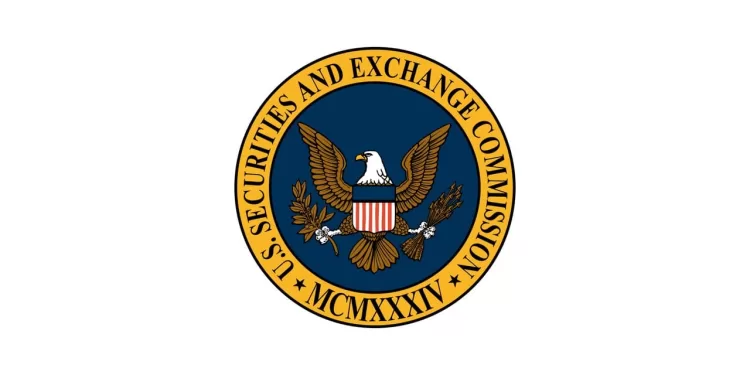- The SEC requested delays in cases against Coinbase and Binance, raising speculation about a shift in its crypto enforcement strategy.
- Internal SEC changes, including leadership shifts and unit rebranding, suggest a reduced focus on aggressive crypto regulations.
- Stark’s claim that most digital assets are securities faces backlash, with critics citing court rulings that contradict his stance.
John Reed Stark, former SEC enforcement chief, has faced controversy again after his latest remarks on the SEC’s crypto enforcement actions. His statements followed news that the SEC requested delays in its cases against Coinbase and Binance, hinting at a possible broader shift in its regulatory approach.
SEC’s Crypto Cases Take a Pause
On Friday, the SEC told the Second Circuit Court that its Crypto Task Force’s efforts could impact the enforcement case against Coinbase. The agency requested extra time to respond to Coinbase’s appeal concerning the application of securities laws to its platform transactions.
A joint motion described the SEC’s review as “ongoing” and cited the need for “appropriate review.” Stark interpreted this as a clear sign that the SEC’s case was effectively over. Similarly, the SEC and Binance jointly asked a Washington, D.C. federal judge for a two month pause in their case.
According to the filing, the agency’s Crypto Task Force may influence case resolutions, making a temporary stay beneficial. The Binance case’s halt further led to speculation that the SEC is stepping back from aggressive enforcement in the crypto sector.
Reorganization Within the SEC Raises Question
Stark also noted internal shifts within the SEC’s enforcement division, particularly regarding leadership changes in crypto cases. The former lead litigator on the Coinbase case has reportedly been reassigned.
According to Stark, this attorney, once a key figure in crypto enforcement, has now been transferred to the SEC’s IT department. Additionally, the SEC’s “Crypto Assets and Cyber Unit” has been rebranded as the “Cyber and Emerging Technologies Unit.”
This change follows an earlier expansion of the unit, which had seen its staff increase by 20 positions to strengthen crypto related enforcement. Stark viewed this restructuring as a sign that the SEC’s crypto enforcement efforts had substantially diminished.
Stark’s Claims Challenge Previous Court Rulings
Stark’s assertion that most digital assets are securities has seen criticism from crypto supporters. One response came from X user SwampGator, who pointed to Judge Analisa Torres’ ruling in the Ripple case.
The ruling stated that XRP itself was not a security, contradicting Stark’s claim of unanimous legal consensus. SwampGator challenged Stark, asking for direct examples of court and government agreement that all digital assets are securities.
Stark defended his stance by citing past legal precedents, though his claims remained contentious among crypto advocates. His response referenced previous criticisms he faced in December 2024, reinforcing his belief that SEC crypto enforcement had effectively ended.














